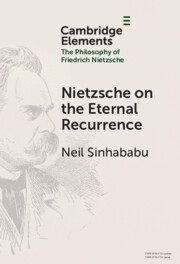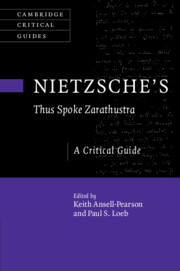Friedrich Nietzsche proposed the ‘Eternal Recurrence’ thought experiment in his book, The Gay Science (1882). Drawing on ancient Greek and Indian philosophy, Eternal Recurrence is the idea that with infinite time and matter events will occur again and again without end. While not (quite) infinite, English and Welsh insolvency law does have a sufficient and significant history that reveals numerous examples of this phenomenon of repetition. This paper examines some of the patterns of repetition within the law and reform processes and how ‘broad’, ‘narrow’, and ‘deep’ Eternal Recurrence applies to English and Welsh insolvency law. Three examples of Eternal Recurrence are examined: (1) the plight of the unsecured creditor; (2) the quest for protection, including the use of security devices; and (3) the accountability of directors in corporate insolvency, with specific reference to human rights protection for directors versus insolvency law objectives for the benefit of creditors. Finally, suggestions are provided as to why ‘insolvency’ Eternal Recurrence is problematic, particularly for law reform development and the reform of insolvency law in England and Wales.

